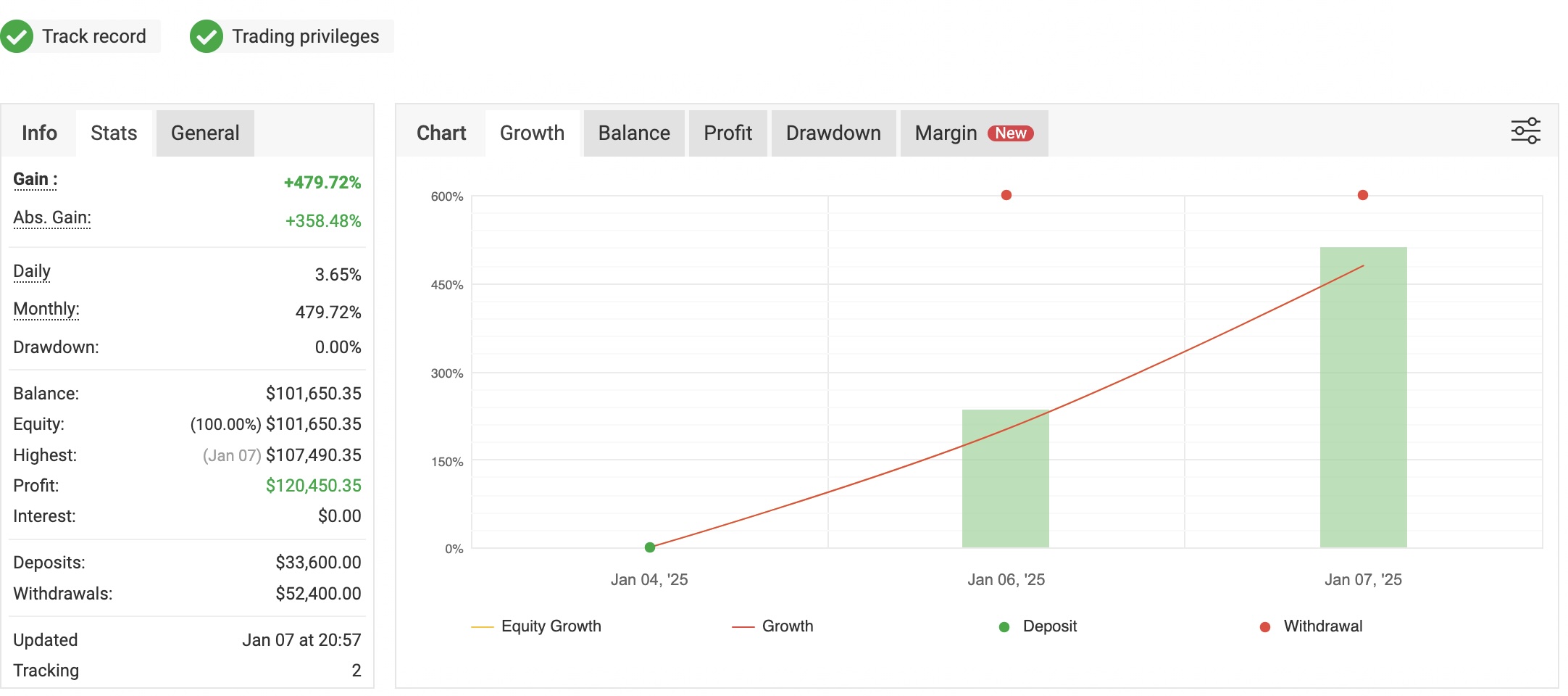Managing your finances effectively is more important than ever in today’s fast-paced world. With the rise of technology, there are now countless tools available to help you take control of your money, plan for the future, and achieve your financial goals. Whether you’re looking for online financial planning tools, personal finance software, or professional financial advisor services, this guide will walk you through the top financial tools you need to manage your money in 2025. Let’s dive in.
Why Financial Tools Are Essential
In 2025, managing your finances isn’t just about balancing a checkbook—it’s about leveraging technology to make informed decisions, optimize your investments, and plan for long-term goals. From budgeting and cash flow management to retirement planning and wealth management, the right tools can simplify complex tasks and help you stay on track. Whether you’re a seasoned investor or just starting your financial journey, these tools can make a significant difference in your financial health.

Image: A person using digital tools to manage their finances effectively.
1. Online Financial Planning Tools
Online financial planning tools are a game-changer for anyone looking to take control of their finances. These tools offer a range of features, from budgeting and expense tracking to investment analysis and retirement planning. Some popular options include:
- Mint: A comprehensive budgeting tool that syncs with your bank accounts, tracks spending, and provides personalized financial insights.
- Personal Capital: Combines budgeting with investment tracking, retirement planning, and wealth management features.
- YNAB (You Need A Budget): Focuses on proactive budgeting and helps users allocate every dollar to a specific purpose.
These tools are user-friendly and accessible, making it easy to stay on top of your finances from anywhere.
2. Personal Finance Software
For those who prefer a more hands-on approach, personal finance software can provide advanced features and customization options. These programs are ideal for managing complex financial situations, such as running a small business or handling multiple investment accounts. Some top choices include:
- Quicken: A versatile tool that offers budgeting, investment tracking, bill management, and tax planning features.
- QuickBooks: Designed for small business owners, this software helps with invoicing, expense tracking, and financial reporting.
- Moneydance: A robust platform for budgeting, investment tracking, and cash flow management.
These programs often come with desktop and mobile versions, allowing you to manage your finances on the go.
3. Wealth Management Platforms
If you’re looking to grow and protect your wealth, wealth management platforms can provide the tools and expertise you need. These platforms offer a range of services, including investment management, retirement planning, and tax optimization. Some popular options include:
- Betterment: A robo-advisor that offers automated investment management and personalized financial advice.
- Wealthfront: Combines investment management with financial planning tools, such as retirement calculators and college savings plans.
- Vanguard Personal Advisor Services: Provides access to human financial advisors who can create a customized investment strategy.
These platforms are ideal for individuals who want a hands-off approach to managing their investments while still benefiting from professional guidance.
4. Financial Advisor Services
While technology has made it easier to manage your finances, there’s no substitute for personalized advice from a professional. Financial advisor services can help you create a comprehensive financial plan, navigate complex tax laws, and make informed investment decisions. Whether you’re planning for retirement, saving for a major purchase, or managing a windfall, a financial advisor can provide the expertise you need to achieve your goals.
5. Cash Flow Management Tools
Effective cash flow management is essential for maintaining financial stability and achieving long-term goals. These tools help you track income and expenses, identify areas for improvement, and plan for future expenses. Some popular options include:
- PocketGuard: Tracks your income, expenses, and savings goals to help you stay within your budget.
- Goodbudget: Uses the envelope budgeting method to help you allocate funds for different spending categories.
- Honeydue: Designed for couples, this app helps you manage shared expenses and track financial goals together.
These tools are particularly useful for individuals and families looking to improve their spending habits and build savings.
6. Investment Tracking Tools
Keeping track of your investments is crucial for maximizing returns and minimizing risks. Investment tracking tools allow you to monitor your portfolio’s performance, analyze asset allocation, and make informed decisions. Some top options include:
- SigFig: Tracks your investments and provides personalized advice to optimize your portfolio.
- Morningstar: Offers in-depth analysis of stocks, mutual funds, and ETFs to help you make informed investment decisions.
- Empower: Combines investment tracking with budgeting and retirement planning features.
These tools are ideal for investors who want to stay informed and proactive about their financial future.
Conclusion
In 2025, managing your money effectively requires the right tools and strategies. From online financial planning tools and personal finance software to wealth management platforms and financial advisor services, there are countless resources available to help you achieve your financial goals. By leveraging these tools and focusing on cash flow management, you can take control of your finances, build wealth, and secure your financial future. Start exploring these tools today and take the first step toward financial success.